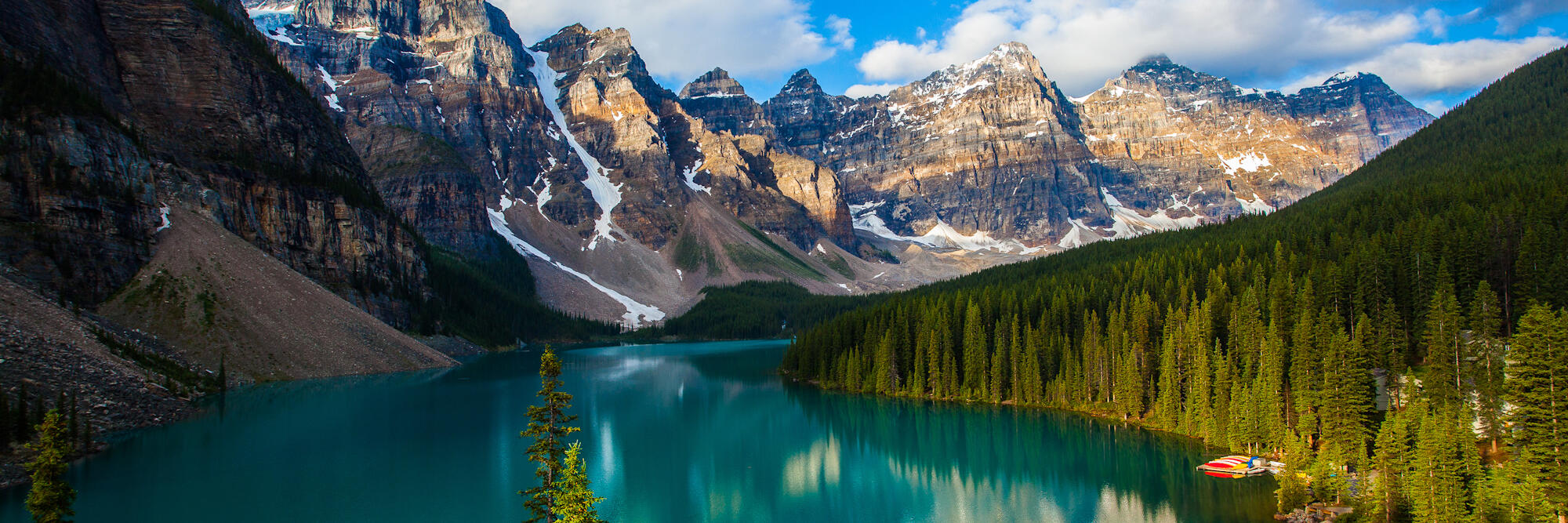Melissa and her partner moved to Canada to pursue the rights they were denied in the States two years ago. Now settled in the Canadian countryside, she reflects on the trials and tribulations of expat life in New Brunswick.
Read more about Canada in the Expat Arrivals Canada Country Guide or read more expat experiences of Canada
About Melissa
Q: Where are you originally from?
A: The United States; mostly recently, Minnesota
Q: Where are you living now?
A: Douglas, New Brunswick; just outside of Fredericton
Q: How long have you lived in Canada?
A: Two years
Q: Did you move with a spouse/children?
A: Yes
Q: Why did you move; what do you do?
A: We wanted to live in a country where our family has the same legal rights and responsibilities as do other families. In the US, while we are each a legal parent to our son, we are considered strangers to one another. Our family, according to US law, is not a family. Under Canadian law, we are a family like any other. I am a university professor.
About your city
Q: What do you enjoy most about your host city? How’s the quality of life?
A: The size. It’s the right size and the right pace. There are two universities and the provincial seat of government, so it’s not a “small town,” but it feels like one.
Q: Any negatives? What do you miss most about home?
A: The only thing we really miss is being able to go out to eat and get almost anything you want. Restaurant options here are quite limited.
Q: Is the city safe?
A: Yes, I think so. Of course, there is some crime, but that’s true anywhere.
Q: Which are the best places/suburbs to live in the city as an expat?
A: I don’t think it matters; though, where we live, there happens to be families from the Netherlands, the UK, Northern Ireland, Belgium, Germany… Pretty amazing, given the small size of the area in which we live!
Q: What’s the cost of living in Canada compared to home? What is cheap or expensive in particular?
A: Food is more expensive. E.g., right now milk is about twice as expensive as what we paid for it in the US. Gasoline is more expensive. Cell phones, internet, and cable are more expensive. Basically, everything is more expensive, including, of course, taxes. I don’t mind the taxes because of single-payer health care, but everyday items are often more costly.
Q: What are the Canadian locals like; do you mix mainly with other expats?
A: I can’t really characterize “locals.” And, no, we don’t mix mainly with other expats.
Q: Was it easy meeting people and making friends?
A: Yes, but I think that was largely because we have a child in a small, friendly school and because we live in an area that is like a small town, even though it’s really not.
About working in Canada
Q: Did you have a problem getting a work visa/permit?
A: We didn’t apply for one because we came as permanent residents.
Q: What’s the economic climate like in the city? Is there plenty of work?
A: No, there is definitely not plenty of work. And, as the only officially bilingual province, not speaking French is a real handicap.
Q: How does the work culture in Canada differ from home?
A: Not really. People are a little more standoffish, but it’s not too much different overall.
Q: Did a relocation company help you with your move?
A: No. Thank goodness for the internet!
Family and children
Q: Did your spouse or partner have problems adjusting to their new home?
A: No.
Q: Did your children settle in easily?
A: Yes.
Q: What are the schools like? Any particular suggestions?
A: We LOVE the little Douglas School, the oldest continually operating school in Canada. It’s under review (again) and might be closed, but we hope not! There are only about 100 kids, and there is one class per K-5 grade. We love it! I’ve heard that some of the other schools (e.g., Garden Creek) are quite good.
Q: How would you rate the healthcare in Canada?
A: Access is VERY challenging. New Brunswick, which does not have a major city, has trouble attracting and keeping doctors. Thus, we do not have a family doctor. I have a doctor because, as someone with a chronic health condition, I was assigned to someone who sees only high-risk people who do not have a family doctor. Once I got that, I was able to see two specialists and will be having a surgical procedure in a few weeks. If someone comes with a child under five, it appears that they will get a doctor fairly quickly. Health care is definitely one of New Brunswick’s HUGE challenges.
And finally…
Q: Is there any other advice you like to offer new expat arrivals?
A: It would take pages and pages… If someone reading this is considering New Brunswick, I would be happy to correspond with him/her. [email protected]
~ Interviewed August 2010



